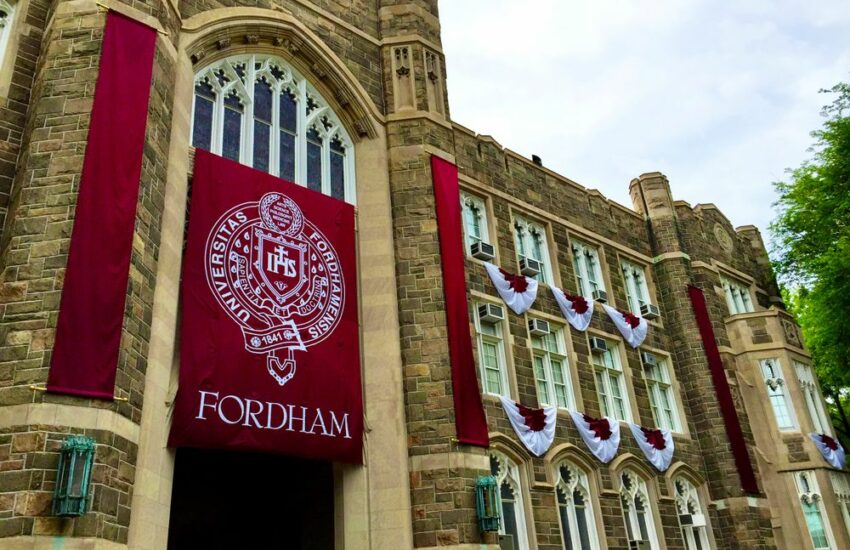Queering the Quarantine: Pride in the Library
By Robyn Ayers, Circulation Support Staff, Quinn Library
Much has happened in the world since the first installment of this Pride month series was written, and it would be remiss to continue as originally planned. The Movement For Black Lives is sweeping the nation in a way that has not been seen before, and at times it feels like the very air we breathe is brimming with action. While we have Pride month on our minds, this is an excellent time to remember that the gay liberation movement began with the Stonewall Riots, led and spearheaded by black women. Queer people everywhere owe the few rights they have now to the courage and leadership of black trans women – and as they stood for you, they are asking you now to stand for them.
A prominent call seen from today’s activists is education – whether you are affected directly or not, those crying out for change are asking for their witnesses and allies to understand what is happening, and where it is headed. Honoring these requests means putting in the time and effort to understand the historical context of these movements. This is an excellent opportunity to make the most of the Fordham Library resources, and how your library can help close the gap between you and the community.
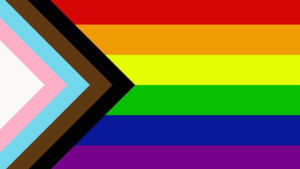
Resources at Fordham Libraries
Research Guides
Let’s begin in the broadest sense – the Fordham Libraries research guides. Whether you’re looking for academic information or light leisure reading, one of our 118 research guides is a good place to start. Research guides are specifically curated collections that serve as an excellent jumping-off point for a world of discovery. Whether you want to browse on your own, need a solid point of reference, or would like to speak to the librarian responsible for the selection, a research guide is flexible and comprehensive enough to meet those needs. They can be particularly helpful if you’re not sure how to narrow down your subject terms, or if you’re brand new to a particular field.
Fordham Libraries has three specific research guides that might be of help this season – the LGBT Resource Guide, the Women, Gender, and Sexuality Studies Guide, and the African American Studies Guide. The first two guides are co-authored by Tierney Gleason at the Walsh Library and David Vassar at the Quinn Library, and the last guide is co-authored by Jane Suda from Walsh and Kindra Becker-Redd from Quinn. They hold a variety of sources in their respective disciplines: information on the courses of study available at Fordham, how to search within different databases, LGBTQ+ student organizations on campus, and guidelines for narrowing down your research. All three guides also explain how to access resources at other academic institutions both throughout NYC and beyond.
E-Books
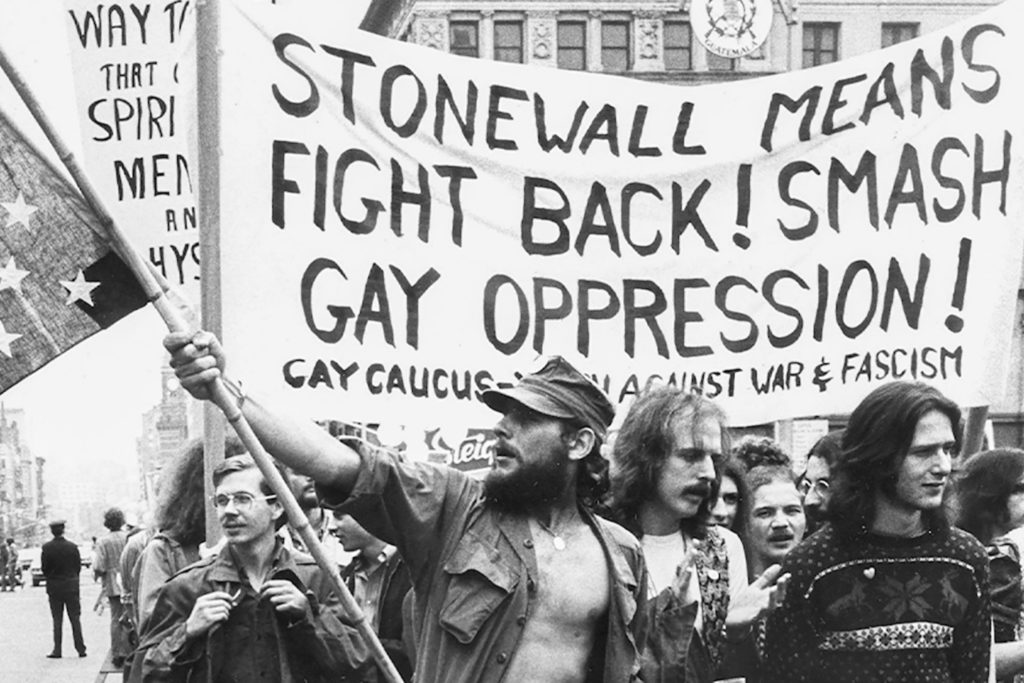
One of the beauties of books and of libraries is that they close the gaps of both distance and time. This skill set is even more apparent as we all learn to navigate this new reality and the ways in which we are being asked to show up for our fellow humans. While the Fordham Libraries continue to shift and adapt to these ever-changing circumstances, much of the collection is already available for virtual access. Here are a few books to get you started:
- Defining Moments: The Stonewall Riots – By Laurie Collier Hillstrom
- Gender Trouble: Feminism and the Subversion of Identity – By Judith Butler
- Critical Race Theory: An Introduction – By Richard Delgado, Jean Stefancic, and Ernesto Liendo
- Female Masculinity – By Jack Halberstam
- Not Straight, Not White: Black Gay Men from the March On Washington to the AIDS
Crisis – By Kevin J. Mumford - Transgender Rights: From Obama to Trump – By Suzan Gluck Mezey
- Feminist Freedom Warriors – By Margo Okazawa-Rey
In addition to the titles listed above, you can check out other blog posts under the Reading Recommendations tag. If you’d rather search yourself, head over to the library homepage and click on “Library Catalog”. From there, you can change the library location to “Online Resources”, which will limit your search results to e-books. Each listing will have a small blue URL link that links directly to the book. If prompted, enter your AccessIT ID username and password, and you’re all set!
Films
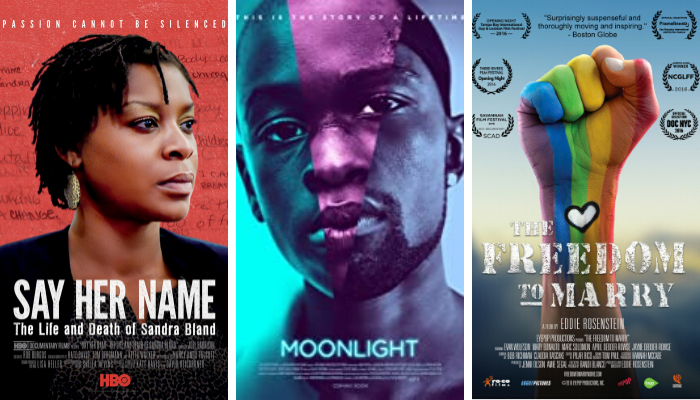
If you’d rather watch films – and have exhausted all of your Netflix options – here are some titles to get you started:
- Moonlight – Directed by Barry Jenkins
- All Power To The People! – Directed by Lee Lew-Lee
- The Way He Looks – Directed by Daniel Rebeiro
- Say Her Name: The Life and Death of Sandra Bland – Directed by David Heilbroner and Kate Davis
- The Freedom To Marry – Directed by Eddie Rosenstein
- Silent Pioneers: Gay and Lesbian Elders – Directed by Lucy Winer
If none of those items appeal to you, head over to the Electronic Resources Homepage. From there, you can navigate to the Videos & Multimedia tab. Both AVON and Kanopy are excellent video streaming services to start with.
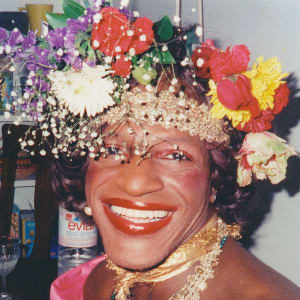
Pride Month can sometimes feel like being a kid in a candy store. June typically highlights and celebrates LGBTQ+ people openly in ways that can feel like nothing but distant memories during other months. This year, pride at a distance is forcing us to take a different approach to connecting with others – not only are we unable to gather and celebrate our existence and community, but the times we are together are marked by grief, suffering, and injustice. With the difficulties presented by COVID-19 and the global outrage following the murder of George Floyd, Breonna Taylor, Tony McDade, and countless others – staying informed, connected, and resilient can feel even more daunting.
Hopefully, the resources available through the Fordham Libraries (and libraries all around) can help mitigate these difficulties. Whether you’re researching Marsha P. Johnson, finally following through on a film recommendation, or delving in to queer theory, the Fordham Libaries collection is a great place to start. Not only can these resources connect you to a plethora of Black and LGBTQ+ stories during Pride month, they will be just as accessible throughout the rest of the year and whenever you need a reference point.
Read more posts about Pride Month!


